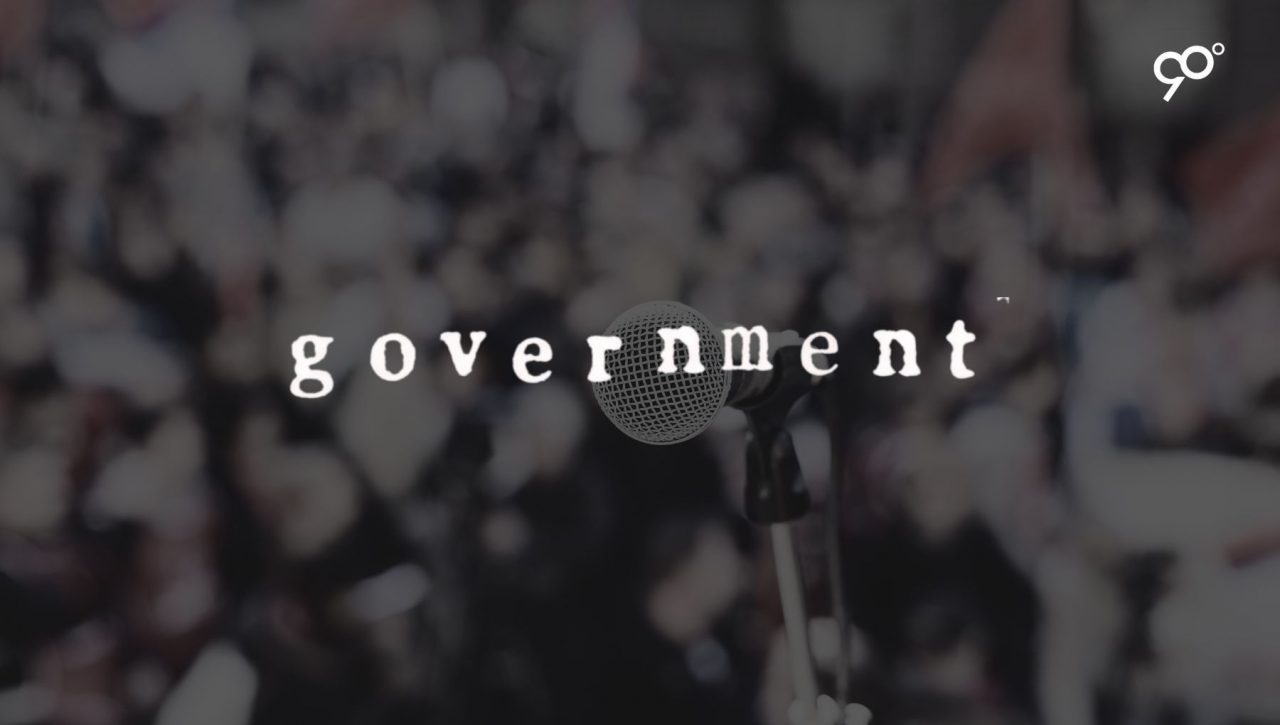
Political public relations (PR) is an essential tool for shaping public perception, managing crises, and influencing voter behavior. In today’s fast-paced media landscape, politicians and political organizations must craft compelling narratives to connect with their audience, foster trust, and drive engagement.
Building a Strong Political Narrative
A successful political narrative is rooted in authenticity, consistency, and emotional appeal. Politicians must define their core message, aligning it with the values and concerns of their audience. This narrative should be communicated across speeches, debates, press releases, and social media to ensure coherence.
The use of storytelling humanizes political figures and makes their messages more relatable. Voters respond to personal anecdotes and real-world examples that illustrate policy positions and leadership qualities. Emotionally charged stories can make complex political issues more accessible and memorable.
Media Relations and Crisis Management
Managing media relations effectively is crucial in political PR. Politicians must build relationships with journalists, ensuring that their messages reach the public accurately. Timely responses to media inquiries, press conferences, and opinion pieces help control the narrative and mitigate misinformation.
Crisis management is another key aspect. Political figures inevitably face scrutiny and controversy. Addressing crises transparently and swiftly can prevent long-term reputational damage. A well-prepared crisis communication plan ensures that responses align with the politician’s broader narrative and values.
Social Media and Digital Influence
Social media platforms have transformed political PR, offering direct channels to engage with voters. Politicians can share real-time updates, respond to concerns, and mobilize support through digital campaigns. Strategic use of video content, live interactions, and data-driven targeting enhances message reach and impact.
While social media provides opportunities, it also presents challenges. Negative press, misinformation, and online criticism can spread quickly. Political PR teams must monitor digital conversations and address issues proactively to maintain credibility.
Political PR is a powerful force in shaping public perception and driving electoral success. A compelling narrative, combined with effective media relations and digital engagement, can build trust and influence public opinion. In an era of rapid information exchange, mastering the art of political storytelling is essential for any political figure or organization.
Follow Ninety Degrees PR Solutions on LinkedIn for more public relations and communication related articles.







